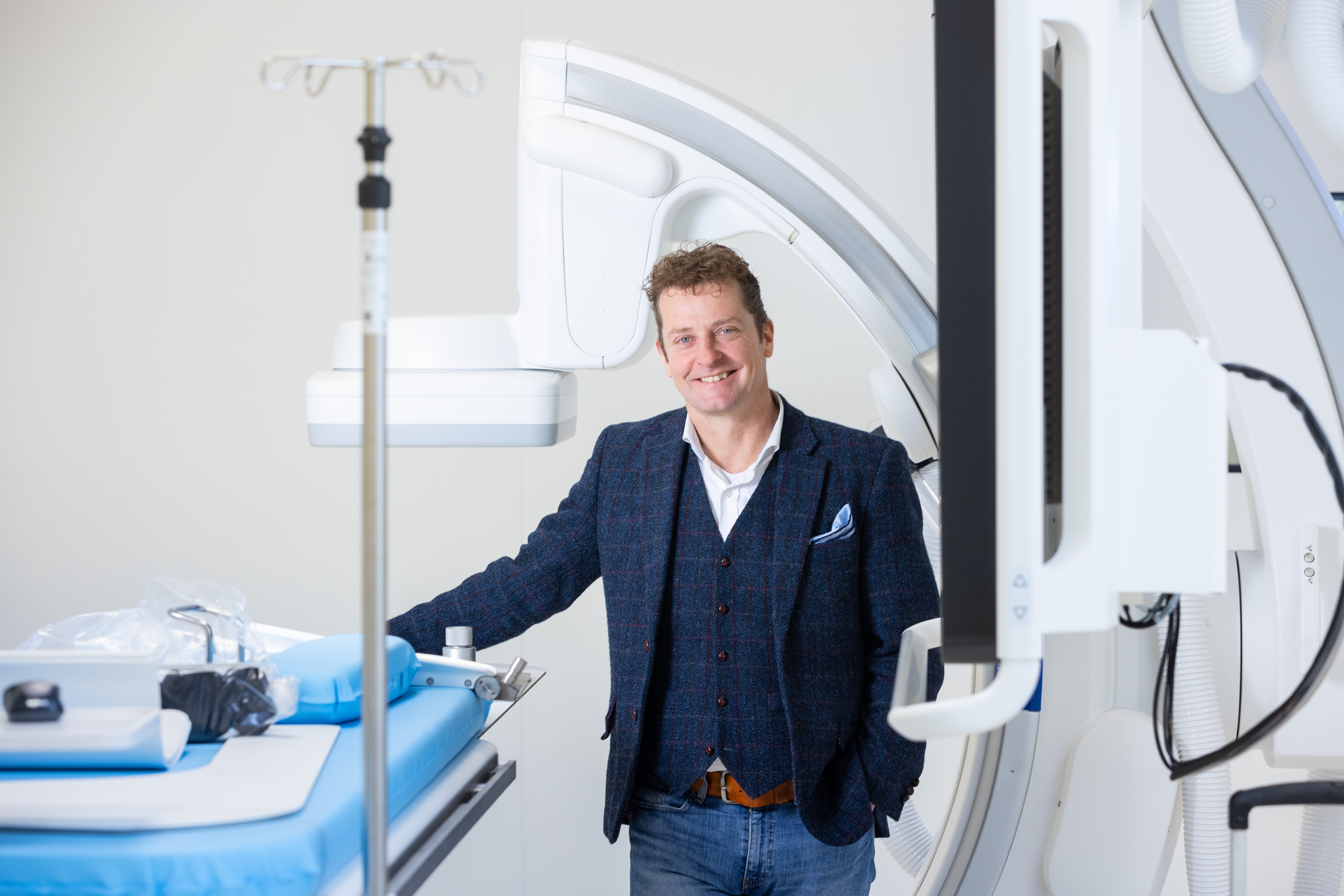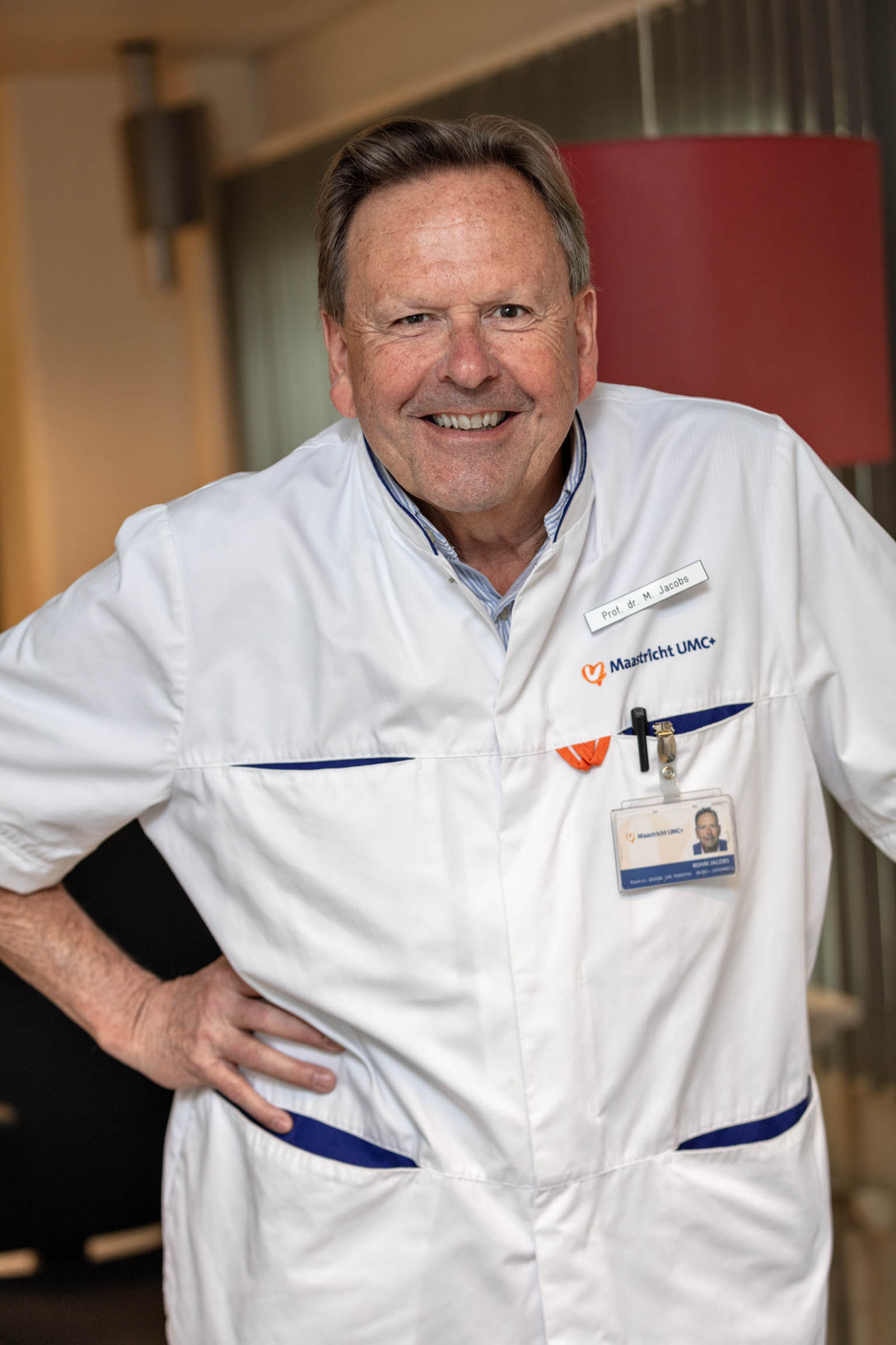Intellectual property law: protecting all that is intangible
Think of international property law (IP) and you are likely to think of copyrights that bar you from downloading pictures or streaming films and music without a license. But there is much more to it than that. In 2017, Professor Anselm Kamperman Sanders and Dr Anke Moerland, both at the Faculty of Law, received a grant from the EU’s Horizon 2020 Marie Skłodowska-Curie programme for their project EIPIN Innovation Society, which assesses the role of IP in innovation cycles.
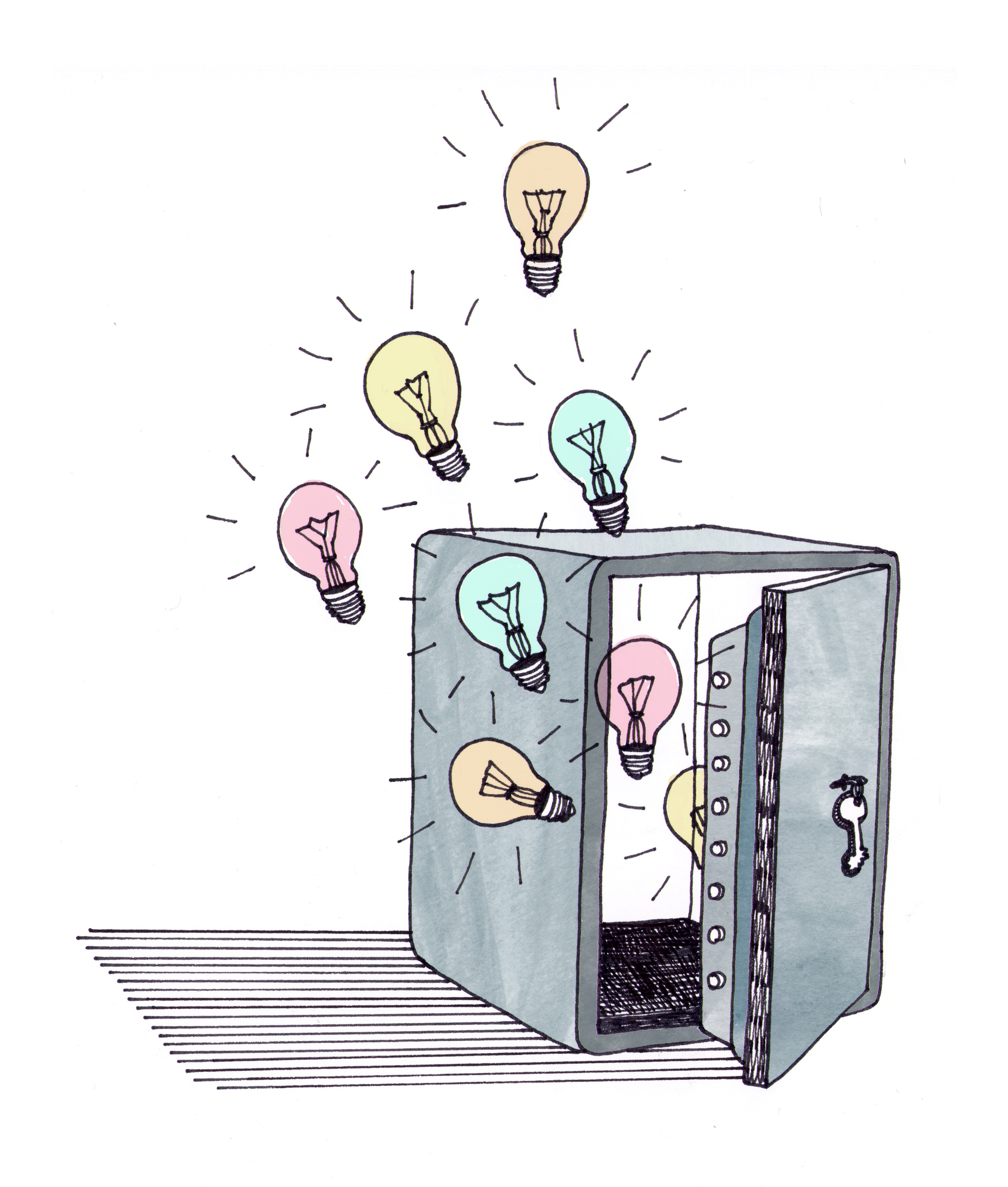
Kamperman Sanders: “IP protects everything that is intangible, from breeding tomatoes to reselling e-books. One of our PhD candidates is looking at the rights of plant breeders in the context of biotechnology patents. There are concerns that the patent monopoly may have a negative impact on how traditional plant breeders select plants, such as tomatoes or broccoli, and crossbreed them to make new plant varieties. The question is how the regulatory framework can protect innovators while also allowing for continued progress and competition in plant genetics – and in such a way that society understands the regulatory framework. Often that’s not the case, which leads to negative sentiment.” Another example is the case on reselling e-books pending at the European Court of Justice. “The Court probably won’t allow it”, says Moerland. “An e-book is a digital copy and will always result in further digital copies. So it may seem inexplicable to people: if you’ve paid for something, why can’t you sell it on to someone else? It’s still unclear, and we’re just about to find out.”
Territorial
IP systems differ from one country to another. Kamperman Sanders: “It’s baffling, even to us, that if you’re in a hotel and download a movie, in some jurisdictions – for example in Germany – you get a letter from a law firm saying you need to pay. In other jurisdictions, there’s no follow-up at all, even for illegal copies. And until recently, with your own Netflix account you couldn’t view the same content when you were in another European country. Multi-territorial licensing is very new, and the rules need to become more transparent if people are to accept these legal regimes. When there’s clarity and uniformity, people are prepared to pay to download or stream music.”
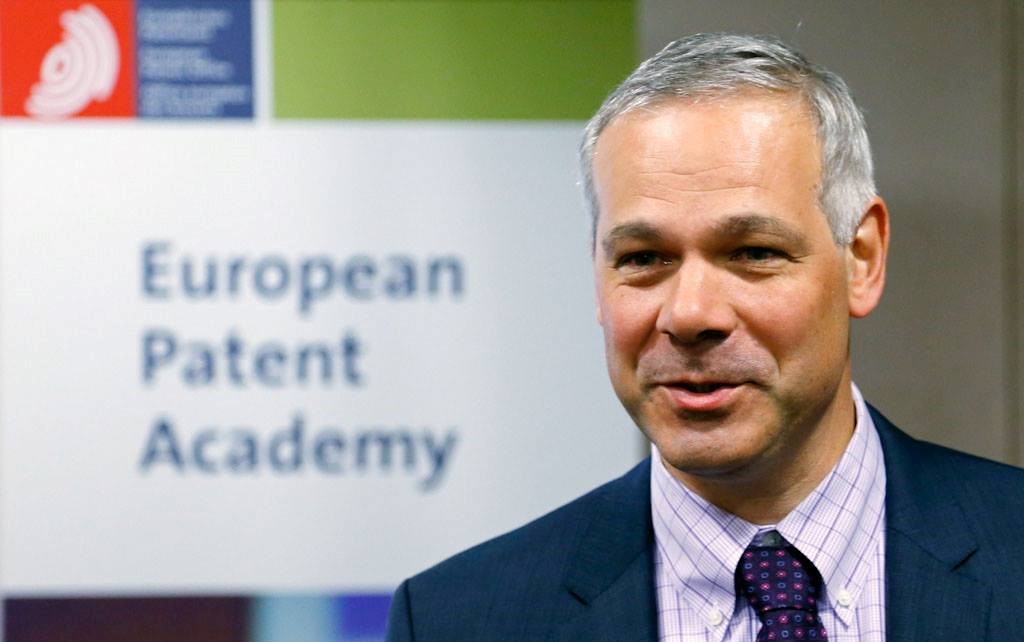
Anselm Kamperman Sanders is professor of Intellectual Property Law, director of the advanced master’s in Intellectual Property Law and Knowledge Management, academic director of the Institute for Globalisation and International Regulation, academic co-director of the Annual Intellectual Property Law School and IP Seminar of the Institute for European Studies of Macau, and adjunct professor at Jinan University Law School, Guangzhou, China.
IP in the world
What does IP mean for our increasingly interconnected environment? “We all buy from Chinese web shops, but the product quality and safety is not in compliance with European rules”, says Kamperman Sanders. “Products can also be pirated and counterfeit. In the past, goods arrived in huge shipments and customs could check these shipments. Now with all of us purchasing online, goods come through the mail. That makes it difficult for customs to detect pirated or counterfeit goods. It’s a constant battle. Some products are plainly dangerous, for others the legal status is unclear. Customers want a bargain, but also expect the state to protect them from harmful products. They may not even know that what they’re buying is fake, or find it annoying that big businesses that earn too much money anyway want to prevent them from having knock-offs. You need to come up with an approach for customs officials that’s not too intrusive.”
Bridging the Valley of Death
The EIPIN Innovation Society project addresses the role of intellectual property in innovation. One PhD candidate is investigating the Valley of Death, an economic concept whereby huge investments are made in research and development before an innovator has a product to sell. Often it simply takes too long to develop a product that allows backers to recoup their investments. Moerland: “Many of those inventions never make it onto the market: they get lost along the way, before society can benefit from them. It’s a major problem in Europe.” Kamperman Sanders: “The US is more successful at bridging this valley. The regulatory environment is less strict and they have more financial instruments and angel investors. That said, it’s possible, even in highly regulated environments like China. There you have complete alignment between research and development in the Chinese research environment and state-owned enterprises. There’s a strong policy push towards developing certain national champions – think of biotech, public transport, etc. All resources are put into this, so naturally they get results. This creates an artificial environment that stifles competition. Europe is somewhere in between those two extremes.”
Holistic
The EIPIN project will look at ways of improving Europe’s capacity for competition and innovation while still addressing societal concerns. Moerland: “We focus on the different actors, because they all have different interests, play different roles on the market and need different things. Since IP is not a set-in-stone rules-based system, whether you regard it as just or unjust depends on who you are. Most projects on intellectual property focus on the interests of the rights holders. Understandably, because this is where the financial interest lies and where economic damage can arise. But in a society where people need to innovate, they also need continued access to knowledge. They need clarity on their freedom to operate, the boundaries and the economic risks associated with trying to advance intellectually and industrially. Until now, not much attention has been paid to this.”
Best practice
The four-year project involves a consortium of five European universities. Fifteen PhD candidates will write dissertations on a wide array of themes. “The project is unique not just for its holistic approach to IP, but also because it allows PhD candidates to earn a joint doctoral degree from two universities”, says Moerland. “There’s no harmonisation between PhD programmes in Europe. We felt like pioneers, setting up an entirely new system to assess dissertations at two universities and creating best practices for European universities.”
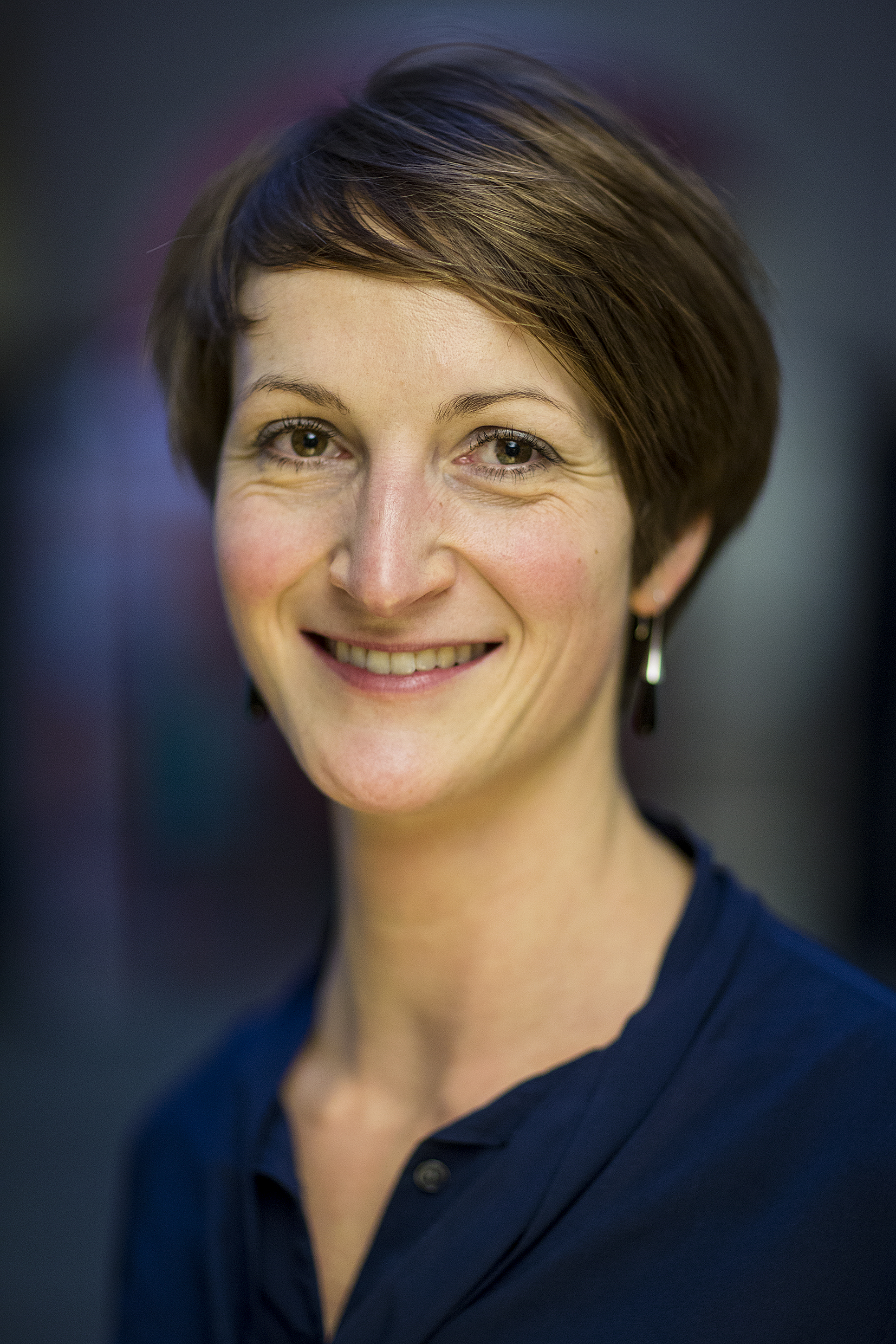
Anke Moerland is assistant professor of Intellectual Property Law at the Department of European and International Law and visiting professor at Queen Mary University of London on Intellectual Property Law, Governance and Art. She coordinates the EIPIN Innovation Society project.
Also read
-
Dani Shanley and Joshi Hogenboom on synthetic data, the pains and gains of interdisciplinarity, and why AI likely won’t release us from having to study the world we live in.
-
Lee Bouwman, a vascular surgeon and endowed professor of Clinical Engineering, specialises in the implementation of groundbreaking healthcare technologies. The key to success, he says, lies in the collaboration between engineers and clinicians. This approach has already resulted in a range of...
-
The surgeon who, defeated, leaves the operating room after hours of surgery, to tell the relatives that, unfortunately, the patient did not make it. This role, which most people only know from films and TV series, was one that vascular surgeon Michael Jacobs had to play more often in his career than...
- in Featured
- in Researchers

